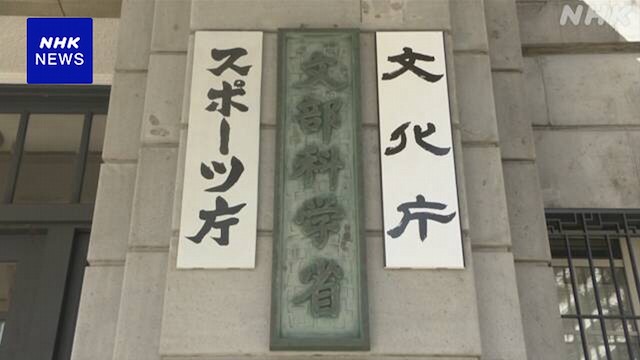TOKYO, Mar 19 (News On Japan) - In an effort to address the severe shortage of teachers, the Ministry of Education, Culture, Sports, Science and Technology (MEXT) has decided to implement an exemption from the repayment of scholarships for those who have completed practical training at graduate schools of education or other graduate programs, starting with the successful applicants of the new fiscal year's hiring exams.

MEXT presented a draft policy on the exemption of scholarship repayment at a subcommittee meeting of the Central Council for Education held on the 19th. The draft emphasized that addressing the teacher shortage requires both "advancement of the teaching profession" and "expansion of the pool of applicants," focusing on quality and quantity. It states that while the exemption will primarily target those who have completed graduate schools of education, it will also include those who have completed practical training in school settings at other graduate schools. The exemption will be applied from the hiring exams of the new fiscal year, and regular employment as a teacher at either public or private schools will qualify individuals for the exemption from repaying scholarships borrowed during their graduate studies.
Committee members raised issues for future consideration, such as the need to monitor the effects of the repayment exemption and to consider the varying hiring exam competition ratios by region, as well as the potential expansion of the exemption to include individuals transitioning from lecturer positions to regular teaching positions. However, the draft policy was unanimously decided upon. During the meeting, there were also suggestions that graduates who become teachers should be included, and it was agreed that this would be considered further. Following the decision, MEXT will organize the specific conditions and disseminate information to the relevant graduate schools and local boards of education before the new fiscal year's hiring exams.
Source: NHK















